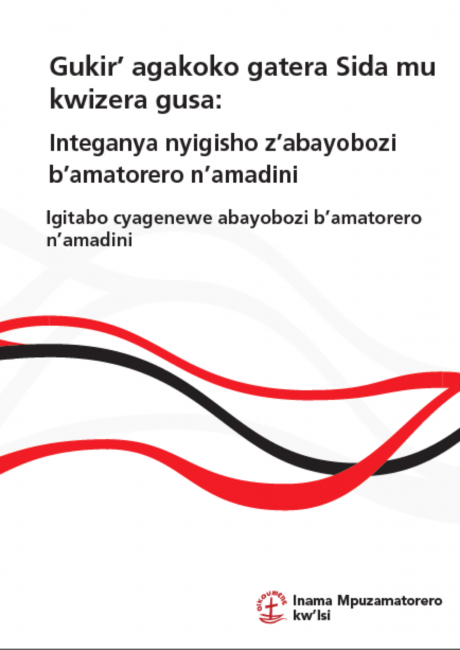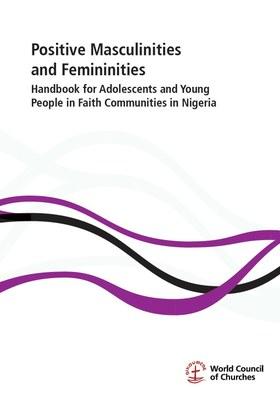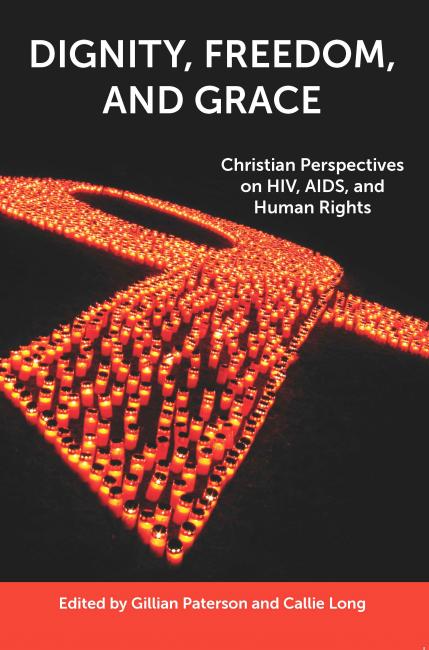Displaying 1 - 12 of 12
Sumário Executivo
23 March 2024
Compendium of Promising Practices of African Faith Community Interventions against Paediatric and Adolescent HIV
Executive Summary
23 March 2024
Recommended Practices to Combat HIV-Related Stigma
A Guidebook for Local Faith Communities
05 October 2023
Faith Sector Implementation of the Global AIDS Strategy
05 October 2023
HIV dan AIDS, Jejaring Masyarakat Sipil serta Sektor Lintas Agama
Pelajaran dari keterlibatan strategis di Indonesia, India, Republik Dominika, dan Jamaika
13 February 2023
Redes de la sociedad civil en VIH y SIDA y actores religiosos
Lecciones aprendidas del involucramiento estratégico en la India, República Dominicana, Indonesia y Jamaica
07 February 2023
HIV and AIDS Civil Society Networks and the Faith Sector
Lessons Learnt from Strategic Engagement in India, Dominican Republic, Indonesia, and Jamaica
31 January 2023
La «guérison par la foi seule» face à l’infection au VIH
Manuel à l’usage des responsables religieux
15 February 2021
Treatment Adherence and Faith Healing in the Context of HIV and AIDS in Africa
Training Manual for Religious Leaders
25 October 2020
Positive Masculinities and Femininities
Handbook for Adolescents and Young People in Faith Communities in Nigeria
19 October 2020






